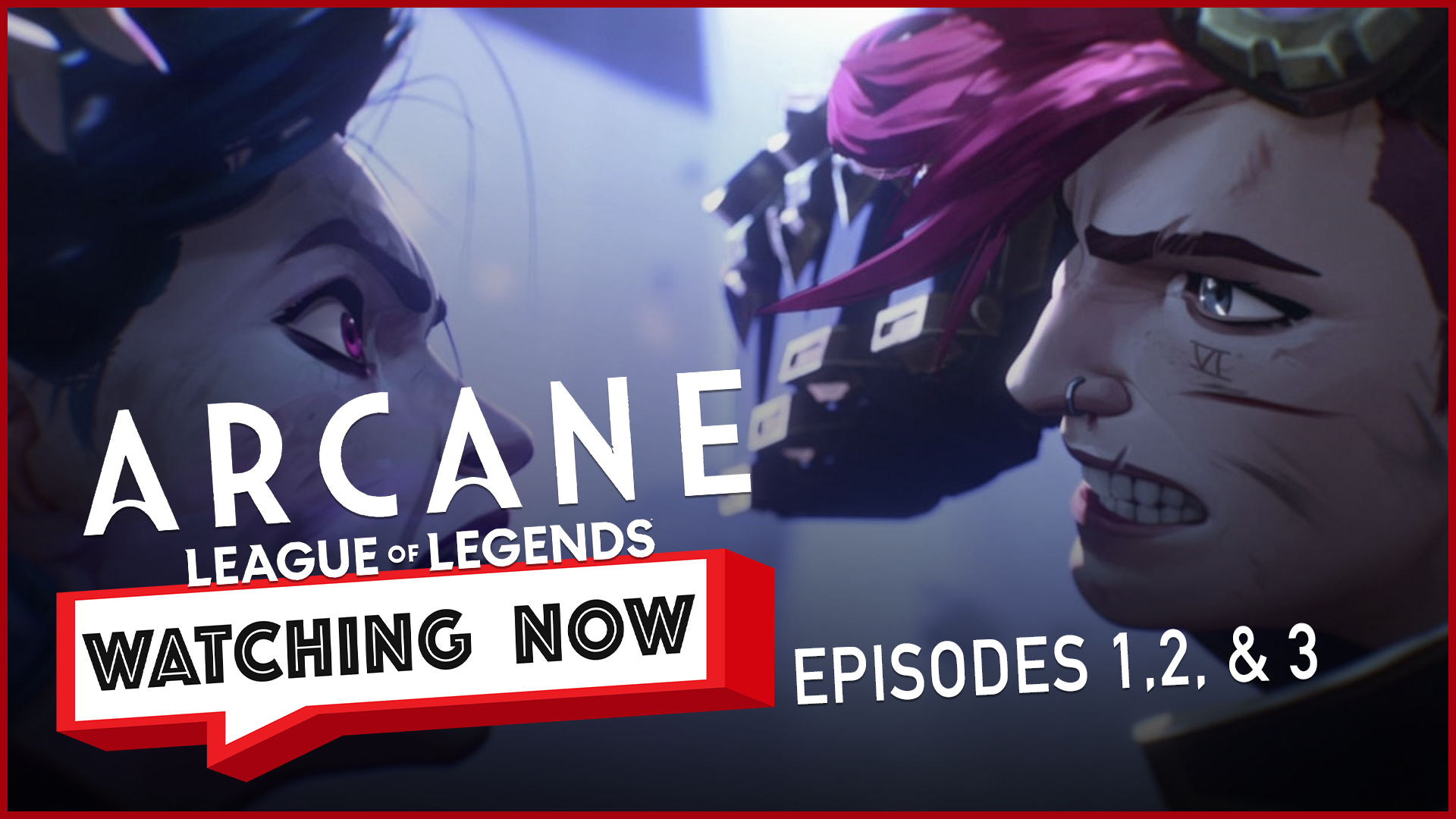
THIS ARTICLE CONTAINS SPOILERS
Moon Knight? Who the heck is that? And why should we care? This seemed to be the general consensus of casual Marvel fans when the new series was announced. The hardcore Marvel fans were excited to see this character brought to the fore in Marvel’s ongoing successful lineup, already being acquainted with his story yet still curious to see if his story would be done justice for how complicated of a character he turns out to be…
Enter Steven Grant, played by the multitalented Oscar Isaac: The sensitive, scattered, soft-spoken Brit who calls his mum every day, yet sleeps with an ankle restraint and a circle of sand around his bed due to his annoying habit of waking up far from home with no recollection of his ‘sleepwalk.’ Steven’s story draws us in with his immediate likability making us root for this underdog in his simple life.
However, life is not so simple for Steven with a V. Waking up far from home, well out of his depth, facing imminent danger, confusingly disoriented, his mind trying to put the pieces together to make sense of a disjointed reality as the story unfolds for the audience from the point of a scared, helpless Steven. Back and forth, Steven keeps blacking out and reawakening to a trail of blood and violence that seems to be wrought by his own hands as he makes his escape. “I don’t understand what’s happening!” Steven keeps wailing in response to the voice of a disproving ‘God.’
As the mystery starts to unravel, we get introduced to Arthur Harrow, played by Ethan Hawke, a cult leader dedicated to resurrecting the Egyptian god Ammit who wants to bestow her judgment on the world. Ammit judges and punishes people before they commit any evil, checking to see if a person’s scales are balanced. If there is an evil deed in the past, present, or future, Ammit cuts their life short to spare others any more suffering due to the evil act.

Marc Spector, a mercenary by trade, starts bridging the fragile barrier between Steven’s mind and his own psyche as an unnerving shadow man in the mirror with an American accent. Marc knows of Steven and has a clearer understanding of their current predicament.
Marc Spector has dissociative identity disorder, also known as DID, and previously known as multiple personality disorder or split personality disorder. DID is a mental disorder with at least two distinctive enduring personality states characterized by memory gaps associated with trauma or abuse experienced in childhood.

After being betrayed on a mission years before, Marc was shot by his partner and left to die. Khonshu, the Egyptian god of the Moon and the protector of travelers in the night, swore to save his life in exchange for his servitude. Moon Knight was born, and Marc was bound as Khonshu’s avatar. (Not the blue people.) Khonshu knew this avatar had a fractured mind yet was still willing to work with his new warrior.

Steven is one of Marc’s identities, and Steven is not keen on sharing one body. The fight for control commences, and both identities are acutely aware of needing to cooperate to survive. Khonshu is not fond of Steven, calling him an idiot, but once Steven realizes that Khonshu’s powers extend to him, we get an alternate form of Moon Knight, Mr. Knight. Each identity proves to have their own strengths and weaknesses, and the begrudging, unlikely team-up between the now-self-aware identities leads us deeper into the story.
Layla El-Faouly, played by May Calamawy, is Marc’s wife, an archeologist. She meets up with Steven and is confused by his ‘act.’ She knows Marc is Khonshu’s avatar and is familiar with Moon Knight’s suit, but she knows nothing about Steven. Coming to understand her husband has DID, she helps Marc, Steven, and Khonshu on their quest to stop Arthur Harrow from resurrecting Ammit. Arthur eventually is accepted as Ammit’s avatar. With his new powers, Arthur starts enacting Ammit’s plan for cleansing the world of sinners.
Along the way, Taweret, the hippopotamus-headed Egyptian goddess of women and children with the duty of taking care of those who enter the afterlife, recruits Layla as her avatar. Layla becomes the Scarlet Scarab and, with her new powers and new outfit, gets to epically fight alongside her husband in a final battle royale against Arthur Harrow, backlit by two massive Egyptian gods locked in their own war over Cairo.

When the story concludes, we realize there are still some lingering questions left unanswered. Make sure to stick around for the post-credit scene Marvel is universally known for. There were a number of unaccounted for blackouts that left both Marc and Steven wondering who was responsible for the brutal mayhem unleashed and an unopened sarcophagus in a psychiatric hospital containing yet another identity that neither Marc nor Steven seemed to be aware of: Jake Lockley.
The story is a winding, confusing tale that leaves us with more questions than answers at the beginning. As the layers start peeling back, we see how complex, complicated, and human Moon Knight is, which endears us to him and keeps us enthralled with what the story will reveal next.
There are numerous outstanding moments in which Oscar spectacularly portrays the division of the mind, transitioning from one identity to the next in a flawless and accurate yet striking contrast in tone and depiction of each of his unique personas. There are numerous moments of raw, unadulterated self-discovery. Marc/Steven has to come to terms with past traumas and life-altering moments which redefined their futures.
Marc’s relationship with his wife, Layla, is dissected as her understanding of him further deepens and his secrets finally surface. The character study, relationship dynamics, and soul searching accomplished in this short six-episode series are perfectly executed in a beautifully twisted array of epiphanies that leave us reflecting on our own character flaws and tools of coping with our own inner issues and past trauma.

The horror elements used to tell the tale of Moon Knight were unexpected yet so alluringly artistically done that they added to the layers of this complicated, faceted character’s story. There were numerous unnerving scenes and moments in which you felt the character’s adrenaline-induced discomfort and felt the primal need to survive the incoming danger. The cinematography is to be celebrated for its keen use of the iconic superhero frames during pinnacle moments within the story and fight scenes.
Moon Knight is worth a rewatch because many elements of foreshadowing will be missed in the first viewing. Within the first few minutes, there are three direct references to what happens much later in the story. Once you know and understand the story, going back and seeing these elements clearly stand out makes your appreciation deepen even further for this complex character.
Will we get a season two? Let me know what you thought of Moon Knight in the comments, and I’ll leave you with a fun video of Oscar singing the hippopotamus song: https://www.youtube.com/watch?v=d28eDt0fO38




